Biomed to Imaging Course
6-Weeks Online and 1-Week Hands On

Technicians enrolling in the course will participate in a comprehensive hybrid training program, a result of the innovative partnership between the College of Biomedical Equipment Technology (CBET), the RSTI and NVRT Labs. The online course, which spans six weeks, requires 4-6 hours of engagement and includes two live webinars weekly and embedded Virtual Reality (VR/XR) labs. The hybrid format combines six weeks of online instruction, requiring 4-6 hours of engagement that will include research, reading, labs, and a variety of activities (including quizzes, etc.). The 7th week of the course is a full week (Monday-Friday) of hands-on training at RSTI Training Center in Solon, Ohio, providing participants with a comprehensive and practical approach to obtaining foundational imaging skills. For more information, or group registrations, contact training@cbet.edu or call 210.233.1102.
- Explore and understand the history of radiation and the specific precautions required to work with radiographic systems.
- Explore and understand the anatomy and physiology specific to radiology and radiographic systems.
- Understand the major components, models, options, and costs associated with radiographic systems.
- Explore and understand radiographic system functions and distinguish differences between the multiple modalities used in medical imaging.
- Explore and understand the purpose of the major components utilized in various radiographic systems and associated equipment.
- Explore and understand the fundamentals of radiographic system preventative maintenance and quality assurance programs.
- Develop a comprehensive understanding of X-rays, their production, and their applications in medical imaging.
- Implement safety protocols to protect patients, physicians, and healthcare personnel from radiation exposure.
- Identify the key criteria for producing high-quality radiographic images.
- Explain the operation of over-table radiographic, fluoroscopic, and specialized imaging systems.
- Describe the parameters and functions of modern image receptor technologies.
- Gain foundational knowledge of PACS (Picture Archiving and Communication System) and DICOM (Digital Imaging and Communications in Medicine).
- Perform preventive maintenance and troubleshoot common user issues and equipment failures.
- Apply problem-solving skills to diagnose and perform first-level service on radiographic systems.
Costs and Options:
Option 1: Contact for Pricing
PartsSource Pro Discount Available
6-Weeks Online/1-Week Hands-On
Training Location:
Hudson, Ohio
Credential:
Certificate of Completion
Note: Travel, food, and lodging costs are not included.
